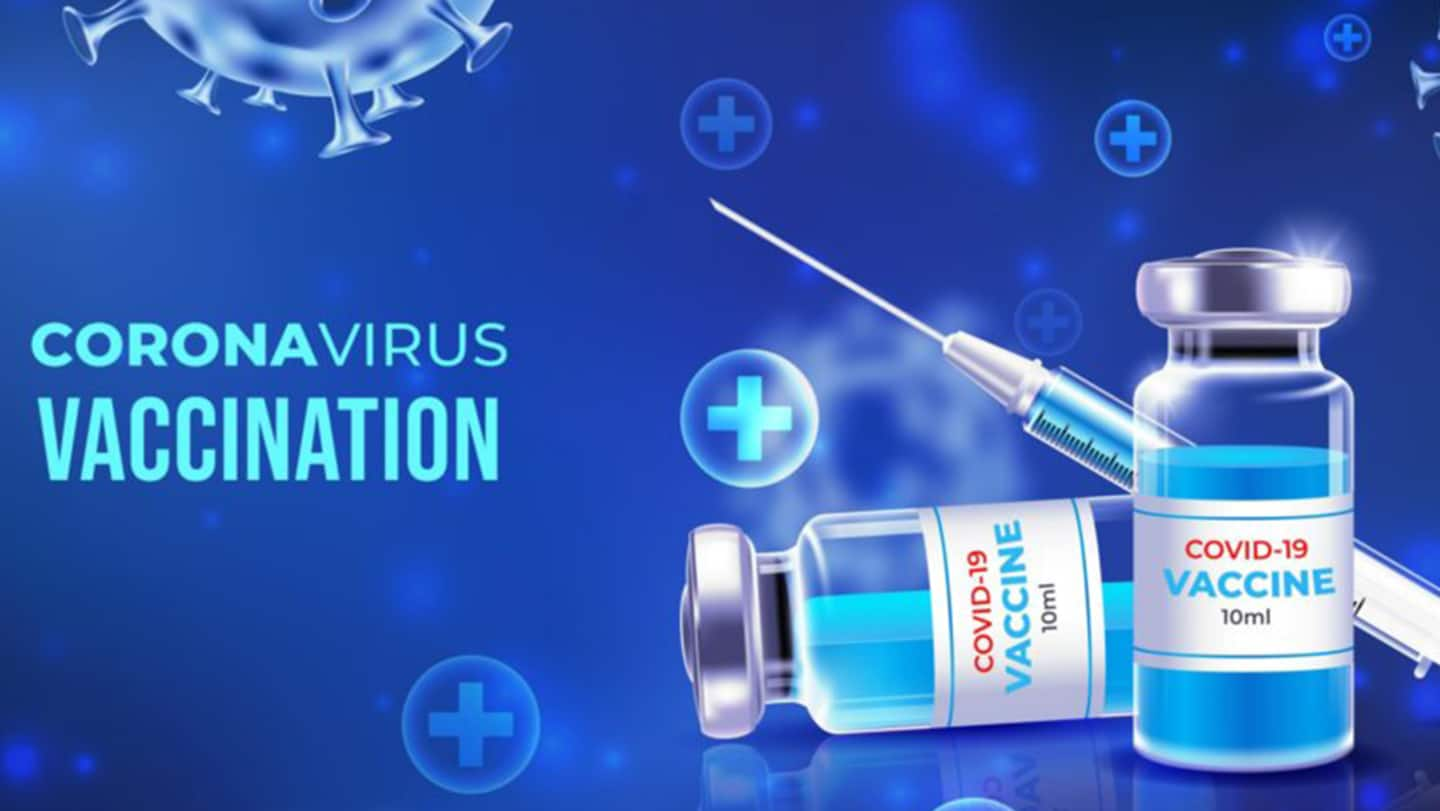
Two COVID-19 vaccines for young children show promise in trials
What's the story
The Moderna COVID-19 vaccine and an experimental protein-based preventive proved to be safe and showed good antibody response against SARS-CoV-2 in a trial on baby rhesus macaques, scientists said.
The research, published on Tuesday in the journal Science Immunology, suggests that vaccines for young children are likely important, safe tools to curtail the pandemic.
Here's more.
Information
Vaccines for young children will help limit virus spread
"Safe and effective vaccines for young children will help limit the spread of COVID-19 because we know children can transmit the virus to others, whether they get sick from SARS-CoV-2 infection or remain asymptomatic," said Sallie Permar from New York-Presbyterian Komansky Children's Hospital, US.
Protection
Antibody response in 16 baby rhesus macaques persisted 22 weeks
"Moreover, many children have become sick and even died from the infection, with many more negatively impacted by the measures put in place to curb the spread. Thus, children deserve protection from COVID-19," Permer said.
The strong neutralizing antibody response elicited by the vaccines in 16 baby rhesus macaques persisted for 22 weeks.
Studies are being conducted to better understand their potential long-lasting protection.
Response
Strong T cell responses observed in Moderna vaccine
"The level of potent antibodies we observed were comparable to what has been seen in adult macaques, even though the doses were 30 micrograms instead of the 100 microgram adult doses," said Kristina De Paris, professor at the University of North Carolina, US.
"With the Moderna vaccine, we observed specific strong T cell responses, which are important to limiting disease severity," De Paris said.
Details
mRNA vaccine gives instructions to body to produce spike protein
The researchers immunized two groups of eight infant rhesus macaques at 2.2 months of age and four weeks later.
Each animal received either a preclinical version of the Moderna mRNA vaccine or a protein-based vaccine developed by the National Institute of Allergy and Infectious Diseases (NIAID), US.
The mRNA vaccine delivers instructions to the body to produce the virus' surface protein, the spike protein.
Antibodies
Human immune cells recognize the protein and develop antibodies
The vaccine instructs the cells to create the spike protein, which the virus uses to infect and enter the human cells.
The human immune cells recognize the protein and develop antibodies and other immune responses.
NIAID's vaccine is the actual spike protein itself, which the immune system recognizes in the same manner.
Other details
Why is development of vaccines for children tough?
Both vaccines elicited a high magnitude of IgG neutralizing antibodies against SARS-CoV-2 and spike protein-specific T cell responses, the researchers said.
The vaccines did not elicit T helper type 2 responses, which can be detrimental to vaccine efficacy in infants.
Since such responses can counter the immune response against the virus, T helper 2 responses have hindered vaccine development in children, they said.